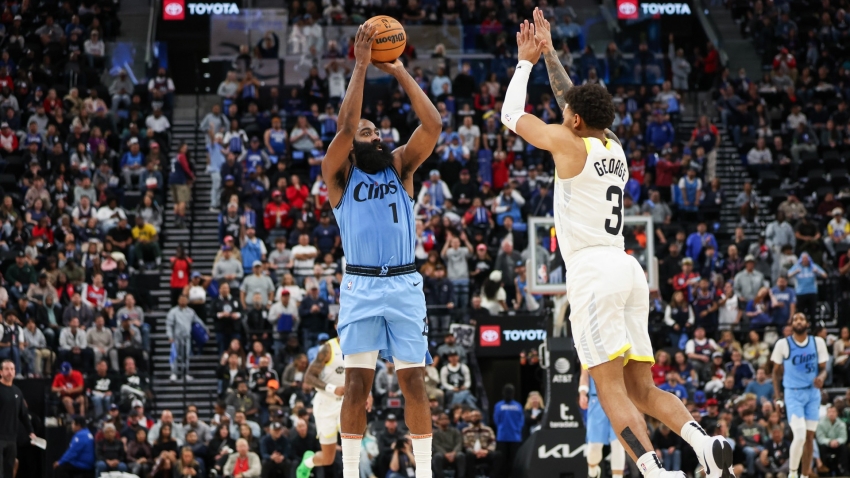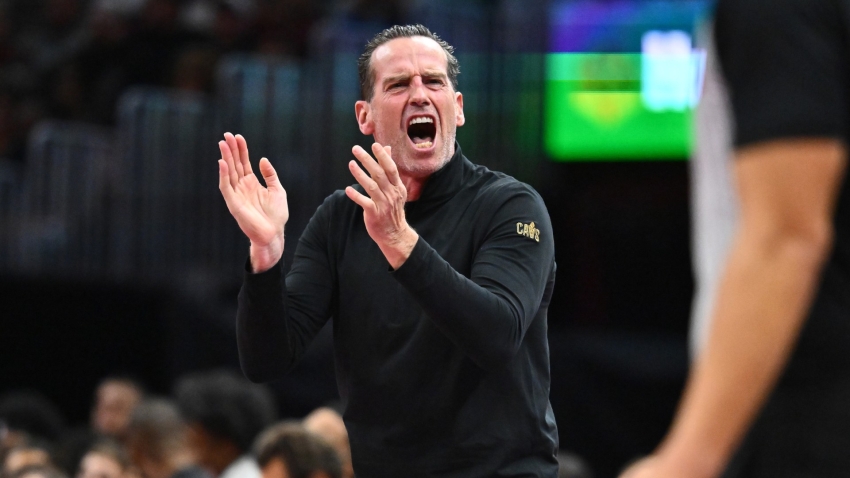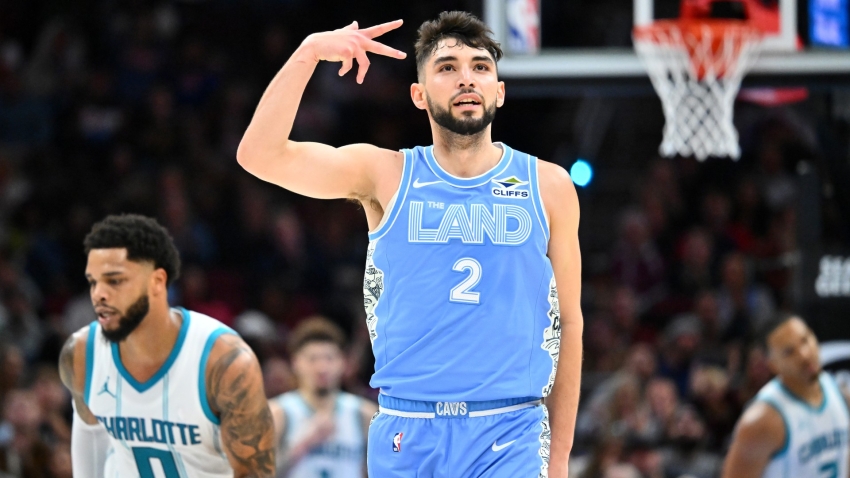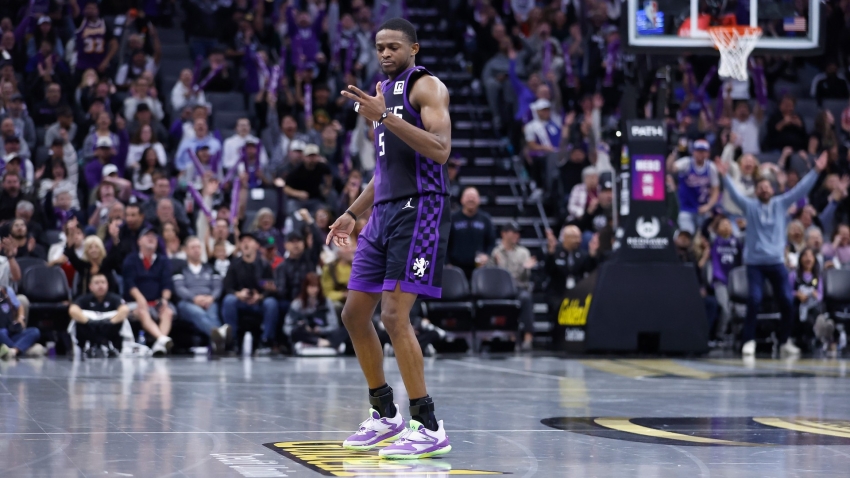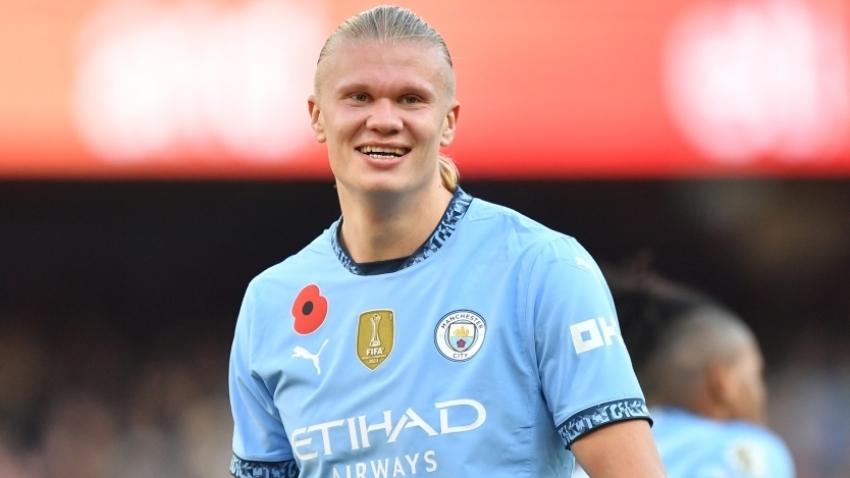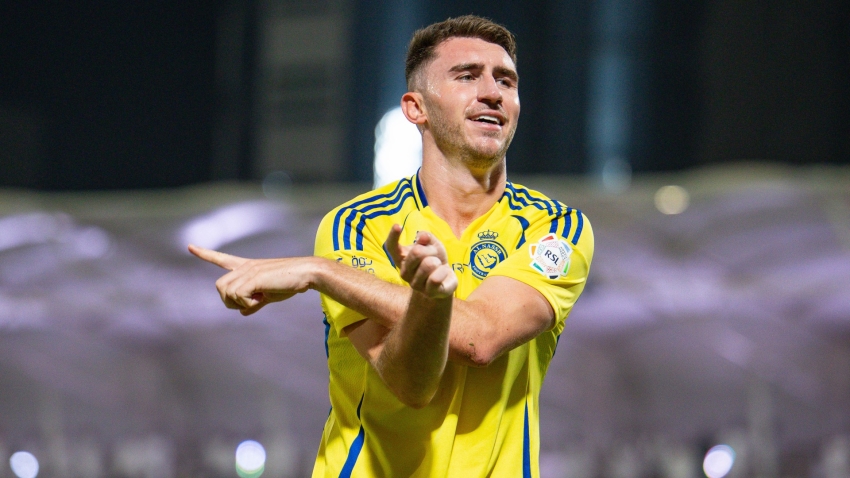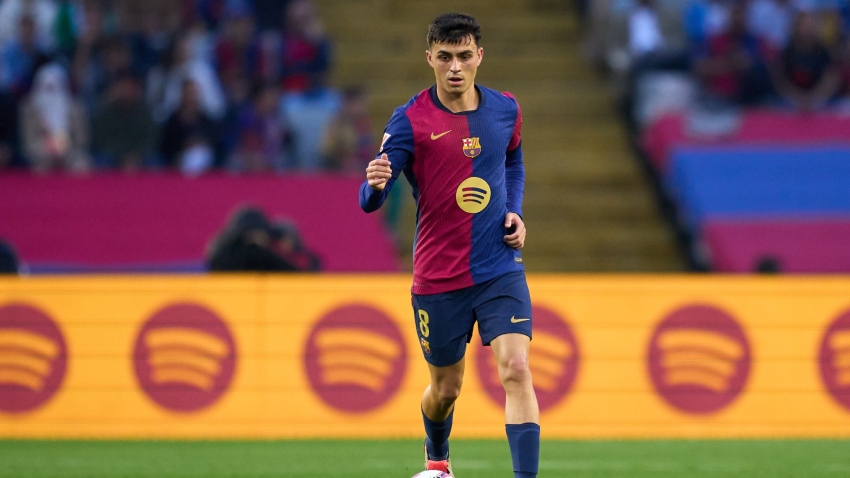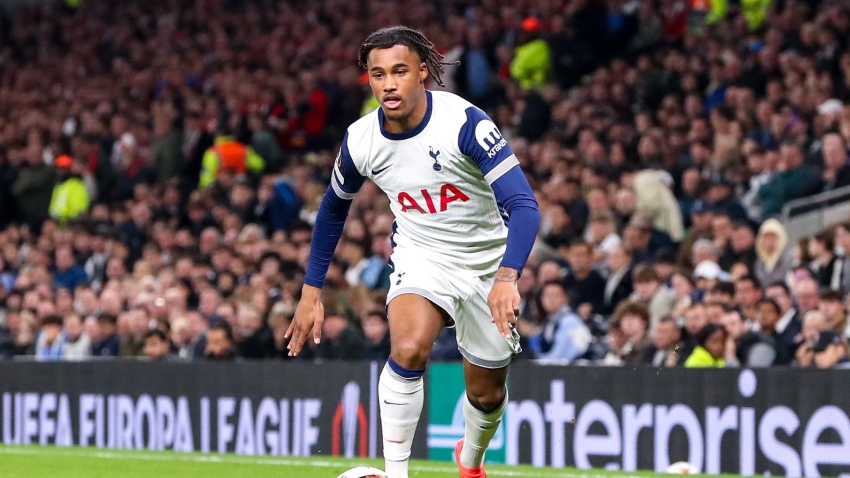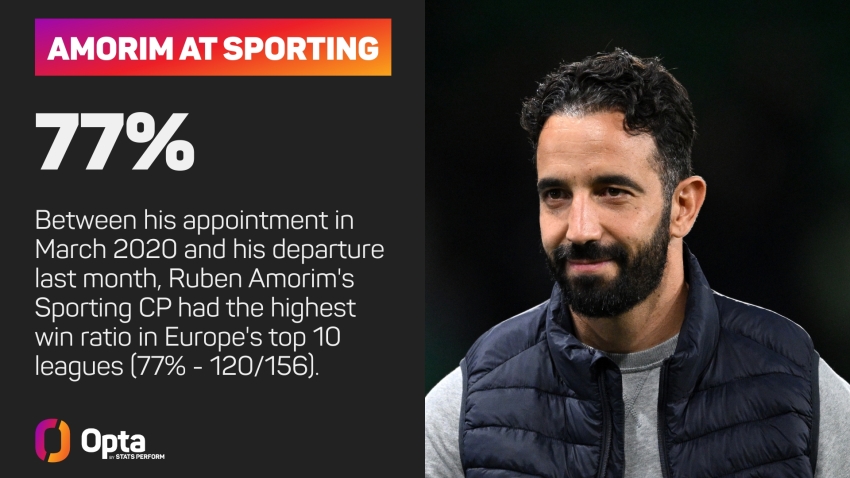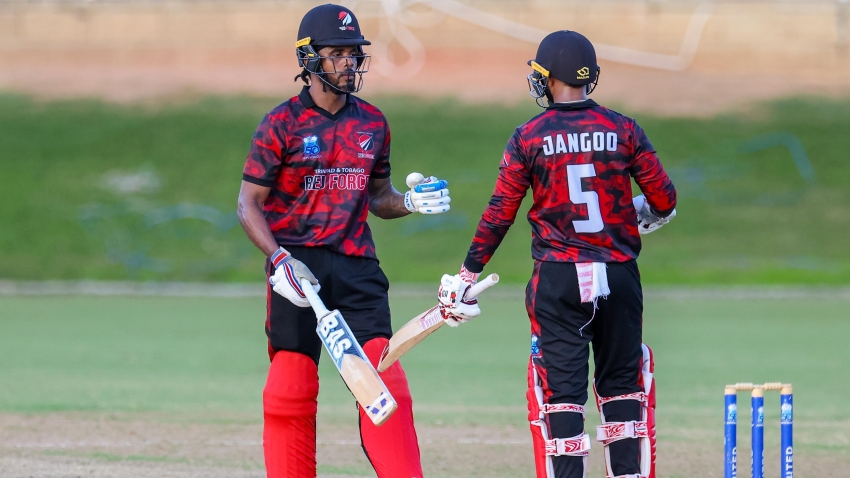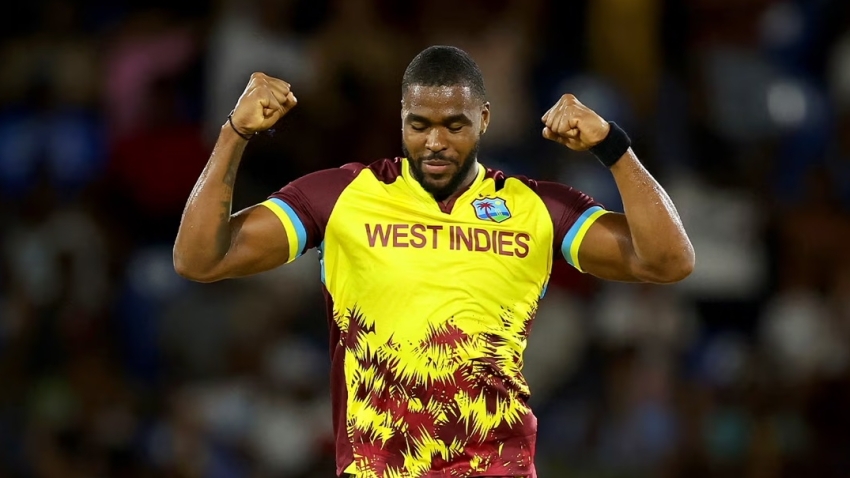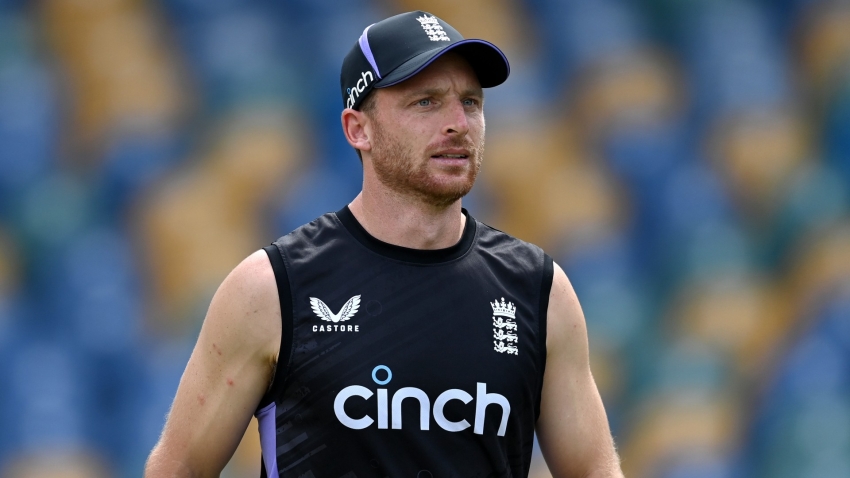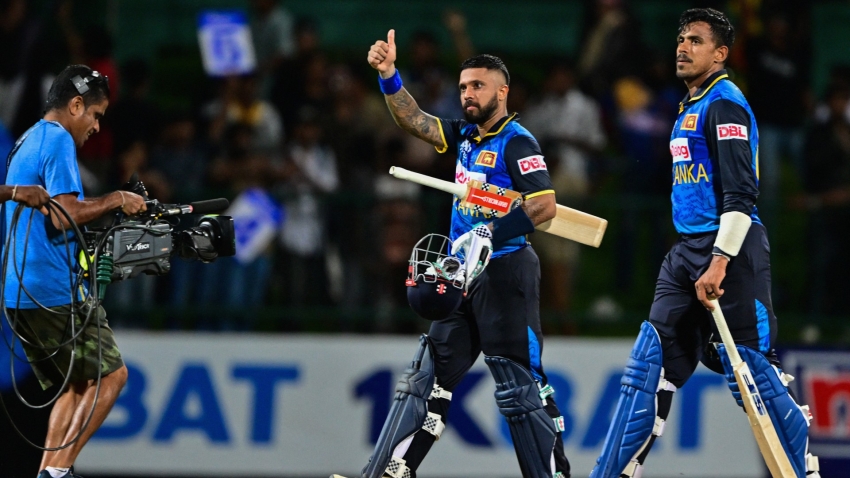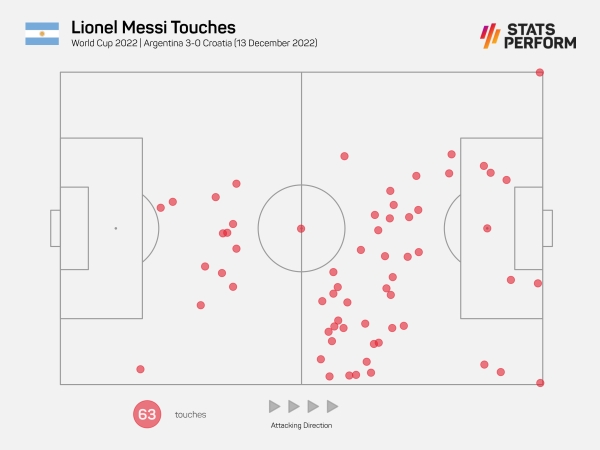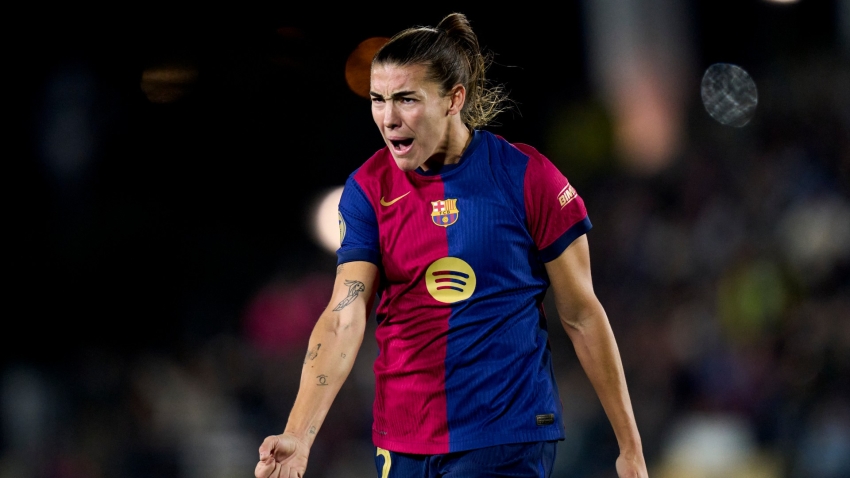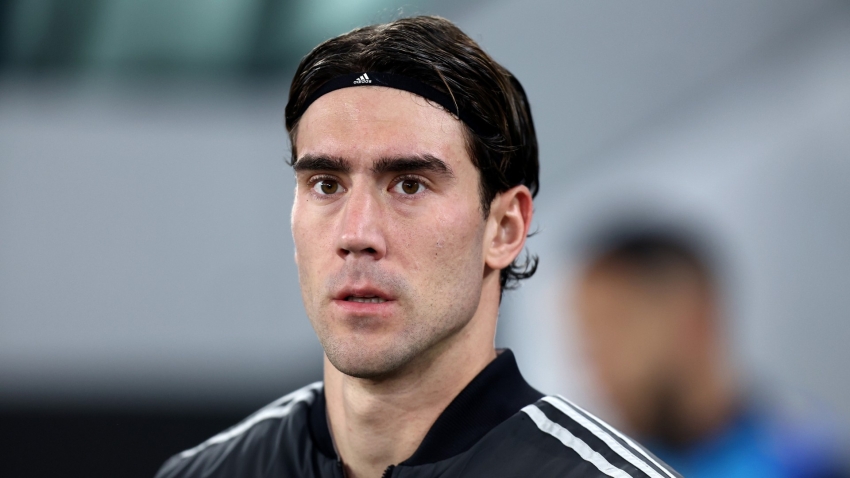"Now is all."
That is the peculiar slogan at Qatar 2022. It is a phrase plastered around the streets of Doha, on banners at every stadium, hanging down from the ceiling at the huge media hub at Qatar National Convention Centre. Nobody seems to know who exactly came up with it or what exactly it means.
Nobody, perhaps, but Lionel Messi. Because for Lionel Messi, playing at his final World Cup at the age of 35, now really is all, and he is playing like it. Maybe those marketing gurus were onto something after all?
Messi and Argentina are into the final. They swatted aside Croatia – who themselves had scuppered the chance of an all-South American semi-final by beating Brazil on penalties – 3-0 at Lusail Stadium.
To say Argentina have been entirely convincing in Qatar would be an overstatement, but they turned in their best performance of the tournament by far on Tuesday.
And of course, it's always about Messi. Even when it isn't all about him.
Even when Julian Alvarez – winner of the penalty from which Messi opened the scoring in the 34th minute – trundled through on goal for Argentina's second, Croatia's defence crumbling one by one in comical fashion before the Manchester City striker finally prodded home, it was Messi who had supplied a deft touch to start the youngster's break.
Perhaps the greatest quality of this Argentina team, who came into the tournament on a 36-match unbeaten run and as Copa America champions, only to lose to Saudi Arabia in their Group C opener, is that everything is serviced to Messi. Not in the way that, say, Portugal for many years have had to service Cristiano Ronaldo's thirst for goals, but how Lionel Scaloni's squad know their only real route to success is through that magician in the number 10 shirt.
Not that they had it all their own way. Argentina had been made to work for each prior victory at this tournament and, as Scaloni pointed out in his pre-match press conference, all of their matches since losing to Saudi Arabia have been must-win. Tuesday's tie was no different.
Croatia, 3-0 winners over La Albiceleste at Russia 2018, dominated the opening stages, albeit without offering much threat. Indeed, Dejan Lovren's wayward header was the only effort either side mustered in the first 20 minutes.
Messi, whose warm-up had mainly consisted of dead-ball practice and a few jogs, had only five touches in the first 10 minutes – and four of those were passes (he completed all of them, of course).
There will have been concern on Scaloni's bench when Messi felt and then stretched out his left thigh. Any uneasiness might well have grown when he was caught on the ball and Mateo Kovacic led a counter-attack that resulted in a Croatia free-kick.
Seven minutes later, though, Argentina had Messi where they wanted him. Standing over the ball on the penalty spot. One lofted ball had done for Croatia's defence and the superb Alvarez had drawn a rash tackle from goalkeeper Dominik Livakovic.
A penalty-saving expert in shoot-outs, Livakovic could not get near this spot-kick, rifled high into the left side of his net by that remarkable left foot. That dead-ball practice came in handy.
It's a goal that made Messi his nation's record scorer in the World Cup, overtaking Gabriel Batistuta, who was in attendance to see it happen. He is also the first Argentina player to score in three different knockout rounds at a World Cup – he hadn't scored a single knockout-stage goal before this edition.
The one-two blow to Croatia's hopes was complete five minutes after that, when Alvarez found his way through a defence that parted like the Red Sea. Only a toe on the ball as Alvarez bundled through meant it did not count as Messi's assist.
Alvarez has now scored in six of his eight starts for Argentina, and the energy of youth is one of the foundations Scaloni is building to facilitate Messi, who by the end of the first half was toying with Croatia's defence.
Only a smart stop from Livakovic denied Messi a second early in the second half after a quick exchange of passes with Enzo Fernandez, another of Argentina's next generation.
But there was more for Messi to do. Croatia were applying some pressure, so the game wasn't truly up. Until Messi decided it was with 21 minutes remaining.
Josko Gvardiol has been one of the best defenders at the tournament and has been linked with Europe's elite, but the 20-year-old was twisted one way and then the other by Argentina's captain, who coolly laid on Alvarez to round things off.
Messi now leads the way for goal involvements in Qatar, with eight. He is joint-top of the scoring charts with club-mate Kylian Mbappe and that assist took him level with that other legendary Argentine number 10, Diego Maradona, on eight at the World Cup finals, which is the record since the 1966 edition.
His 19 goal involvements at the World Cup overall equals the best such tally for a player in the 56 years for which data is available. He's the only player to score and assist in four separate matches at the tournament, too. When he plays in the final, he will become the player with the most World Cup appearances in history.
It has been 36 and a half years since Maradona dragged Argentina to glory in Mexico, but now Messi has the chance to do the same and finally claim the only trophy missing from his vast collection.
Maradona's brilliance cannot be discounted, of course, but it's worth noting that he was 25, 10 years younger than Messi is now, when he won Argentina their second and most recent World Cup.
Argentina have finished runners-up twice since then, most recently to Germany in 2014, when Messi was in his prime.
Now, they'll face France or Morocco on Sunday, back in Lusail.
Now, Messi will have his second and final shot at becoming a world champion.
Now, of course, is all.


